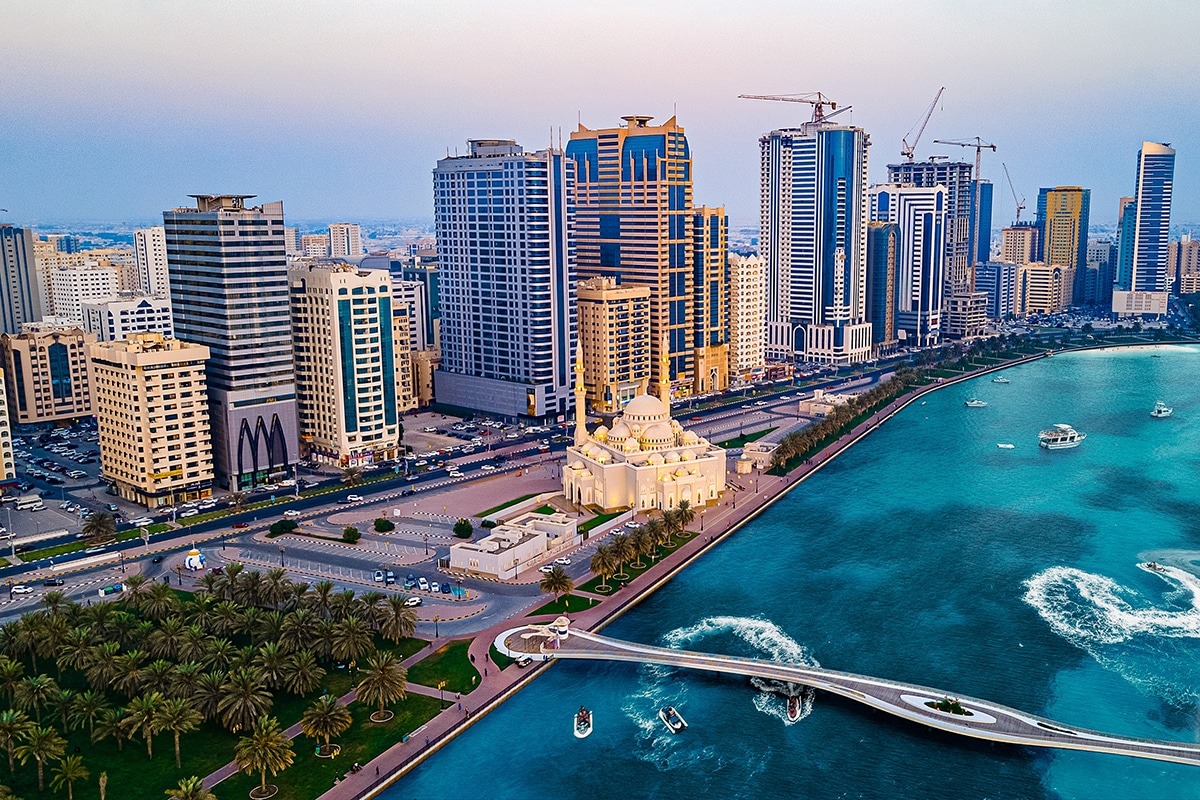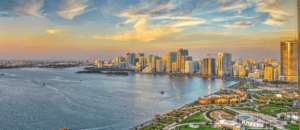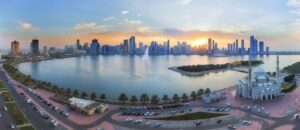Property Ownership Rules for Expats in Sharjah, UAE
The UAE is a highly desirable destination for expats, known for its booming economy and vibrant lifestyle. While Dubai has more liberal real estate policies for expats, Sharjah—its neighbor—has traditionally been more conservative.

However, recent regulations have allowed expats to explore property ownership in specific zones. Here’s a detailed breakdown of what expats need to know about property ownership in Sharjah.
1. Freehold and Leasehold Options
Unlike Dubai, Sharjah does not offer freehold property ownership to foreign nationals. Instead, expats can only purchase properties under a long-term leasehold arrangement. Leasehold agreements in Sharjah allow expats to own property for up to 100 years, giving them long-term rights without outright ownership of the land.
2. Eligibility for Expats
Expats who wish to invest in Sharjah’s real estate must meet certain conditions:
- GCC Nationals: Nationals from Gulf Cooperation Council (GCC) countries have more lenient property ownership rights, allowing them to own freehold properties in specific areas of Sharjah.
- Non-GCC Expats: Expats from outside the GCC are limited to leasehold properties. Typically, these properties are located within designated areas for foreign ownership, such as Al Nahda, Al Khan, and the new developments around Tilal City.
3. Lease Duration and Renewal
For non-GCC expats, leasehold agreements can range from 99 to 100 years, depending on the development and property type. The terms of the lease are renewable at the end of the contract, but this depends on the agreement with the developer or landlord.
Looking for Buying a property in Sharjah. Please register your Interest.
4. Legal Process and Documentation
The process of purchasing property for expats in Sharjah involves several legal steps:
- Initial Agreement: The buyer and seller sign a sales agreement detailing the property price, payment plan, and terms of leasehold.
- Developer Approval: In some cases, the property developer must approve the transaction.
- Registration: All transactions are registered with the Sharjah Real Estate Registration Department (SRERD) to ensure legal compliance.
- Transfer Fees: Expats are typically required to pay transfer fees, ranging between 1-2% of the property’s value.
- No Mortgage Options: Unlike Dubai, expats purchasing property in Sharjah may not have access to local mortgages. Most buyers need to fund their purchases through cash or international loans.
5. Property Inheritance and Succession
For expats, property inheritance laws in the UAE follow Sharia law, meaning inheritance matters can be complex. Expats who own leasehold property in Sharjah should consult legal experts to structure their ownership in a way that allows for smooth succession in case of death. A will registered in the UAE is often recommended to avoid complications.
6. Areas Open to Expats
While Sharjah has limited areas where expats can buy property, recent developments have expanded the opportunities. Some key areas where leasehold property is available to expats include:
- Al Nahda: Popular among families and young professionals due to its proximity to Dubai.
- Al Khan: A waterfront area with scenic views and a wide range of residential options.
- Tilal City: A newly developed community that offers various residential, commercial, and mixed-use properties under leasehold ownership.
7. Property Ownership for Business
Expats who wish to invest in commercial properties have more flexibility. Sharjah offers several free zones where foreign investors can establish businesses and own commercial property with more liberal terms. These zones include:
- Sharjah Airport International Free Zone (SAIF): Ideal for companies that require proximity to the airport and logistical services.
- Hamriyah Free Zone: A hub for industrial and manufacturing businesses, offering long-term leasehold options.
Conclusion
While Sharjah’s property market is more restricted for expats compared to Dubai, it still offers viable long-term leasehold opportunities, especially for those looking to invest in residential and commercial properties in designated zones. Understanding the rules, eligibility, and legal requirements is essential for a smooth transaction.
Whether you are an expat looking to settle or invest in Sharjah, consulting with real estate experts and legal advisors can ensure you navigate the process effectively.


